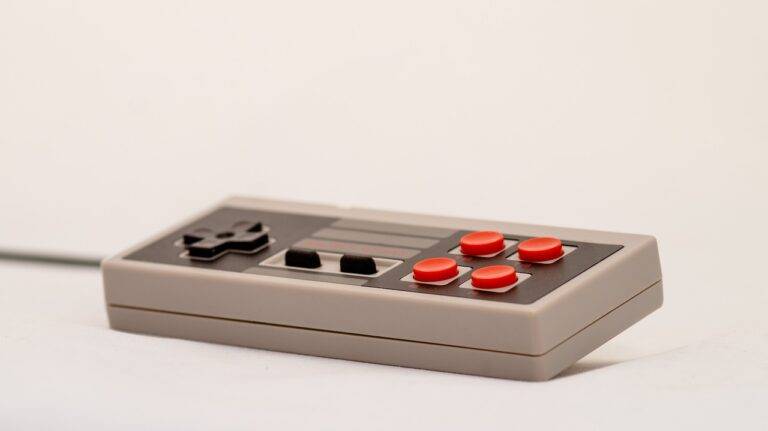Gaming for Health: How Video Games Are Used in Therapy
Video games have emerged as a promising tool in therapy, offering a unique approach to treating a variety of mental health conditions. Through interactive gameplay and engaging content, video games provide a dynamic platform for individuals to explore their emotions, enhance problem-solving skills, and improve cognitive functions.
In therapeutic settings, video games can create a safe environment for individuals to practice coping mechanisms, build resilience, and develop social skills. The immersive nature of video games allows for a more engaging and interactive therapeutic experience, making it particularly beneficial for clients who may struggle with traditional talk therapy approaches.
Research on Video Games and Mental Health
Video games have garnered increased interest as potential tools for addressing mental health concerns. Research in this area has shown promising results indicating the positive impact of video games on mental health. For example, studies have demonstrated that certain video games can help reduce symptoms of anxiety and depression by providing a distraction and promoting relaxation.
Furthermore, video games have been found to enhance cognitive abilities such as attention, memory, and problem-solving skills among individuals experiencing mental health challenges. These cognitive benefits can contribute to improved overall mental well-being and functioning. Research suggests that incorporating video games into mental health interventions can be a valuable and engaging way to support individuals in managing their mental health concerns.
Video Games as a Tool for Physical Rehabilitation
Physical rehabilitation can be a challenging journey for many individuals recovering from injuries or surgeries. Incorporating video games into therapy sessions has shown promising results in enhancing the rehabilitation process. These games can help patients improve their range of motion, strength, coordination, and balance through interactive and engaging activities that mimic real-life movements.
Moreover, video games can provide a fun and motivating platform for patients to participate in their rehabilitation exercises consistently. The immersive nature of gaming can encourage individuals to push beyond their comfort zones and work towards achieving their rehabilitation goals. By making therapy sessions more enjoyable and interactive, video games have the potential to improve patient compliance and overall outcomes in physical rehabilitation programs.





